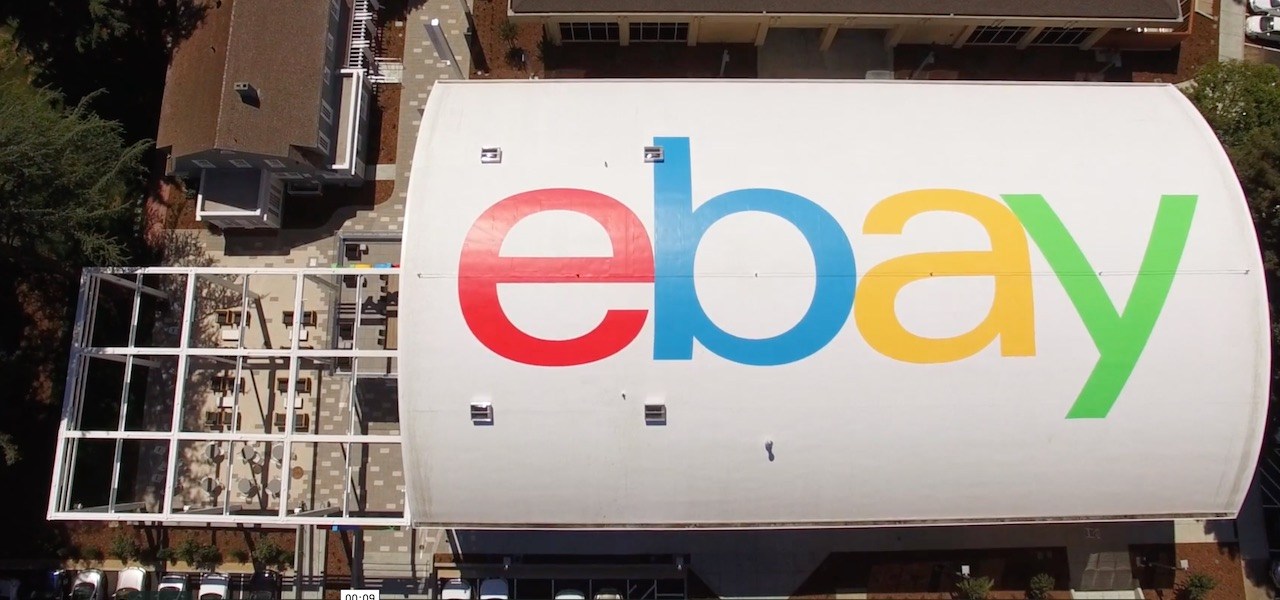‘A multi-dimensional chicken-and-egg problem’: EBay’s struggle to define itself against Amazon

As eBay looks to install new leadership, its struggles have made clear just how difficult it is for alternative marketplaces to win over both sellers and shoppers thanks to Amazon’s dominance.
On Wednesday, the company’s CEO, Devin Wenig stepped down after five years. The company named CFO Scott Schenkel interim CEO as it looks for a replacement.
Under Wenig, eBay has continuously failed to add new users at a significant pace, instead of trying to squeeze out more revenue by getting sellers to do more with the platform, like pay to promote their product listings. Its slowed growth is indicative of the challenges marketplaces face in the age of Amazon, as they struggle to figure out how much should they try to match the seller features Amazon offers, versus trying to carve out their own niche.
EBay is still the second-largest marketplace in the U.S., but its growth has been dwarfed by Amazon. Sales from Amazon’s third-party marketplace grew to $160 billion in 2018, up 52% year-over-year. Meanwhile, sales from eBay’s marketplace were $38 billion, up 3% year-over-year during the same time period. Other niche marketplaces like Etsy, as well as resale sites like theRealReal, ThredUp and Poshmark have also chipped away at eBay’s business.
What’s compounded eBay’s struggles has been the fact that changes its made to make the service more attractive to new shoppers have been met with resistance by its current users. And sellers won’t dedicate more resources to eBay unless more shoppers are using the service.
Ad position: web_incontent_pos1
“It’s a multi-dimensional chicken-and-egg problem,” said Juozas Kaziukenas, the CEO of retail data analytics firm Marketplace Pulse.
One of Wenig’s key initiatives as CEO was overseeing the implementation of a structured data initiative. In 2017, eBay started investing more in artificial intelligence to improve product search and recommendations, and add more data to product pages. The company also started grouping search results by product item, instead of by seller, to more closely mirror search on Amazon.
But Wenig said in subsequent earnings calls that customers who hadn’t shopped eBay before were responding well to the changes. But he acknowledged that with existing users, “there’s always some friction when you change an experience. eBay also rolled out what it called its first “truly global” brand campaign in 2017, in order to win over new shoppers and establish eBay as more than just an auction-based site.
Ad position: web_incontent_pos2
But the positive response from new shoppers failed to materialize significantly. eBay does not break out exactly how many active buyers it has on eBay, instead reporting the combined number of active buyers on eBay and StubHub, its second-hand ticket platform. In 2017, eBay said it had 170 million active buyers on eBay and StubHub; in 2018, that number rose to just over 179 million.
Beyond the struggle to add new shoppers, eBay also struggled to recruit new sellers based on the fact that relative to Amazon, it doesn’t offer as many services for sellers to sell, ship and promote their products. eBay just announced in July that it is rolling out its own fulfillment network. But its announcement was overshadowed by Shopify’s a month earlier that it was doing the same, which is increasingly becoming a competitor to marketplaces like eBay as it adds more services to help merchants manage and promote their online stores.
EBay’s also taken a page out of Amazon’s playbook by shifting away from a reliance on third-party advertising. Instead, within the past couple of years its pushed sellers to spend more on promoted listing advertisements to increase their visibility in product searches. During its second-quarter earnings in July, eBay said that its first-party advertising brought in $89 million in revenue, a 130% year-over-year increase.
Even as the industry clamoring for alternative places to sell for Amazon, there’s no consensus among agencies and sellers about what exactly eBay needs to do to win them over, beyond attracting more buyers. Mark Power, founder and CEO of marketplace agency Podean, said that he thinks eBay “still has an opportunity to catch up” if it installs leadership with more product experience, and adds more tools for sellers beyond just helping them manage their listings.
“I think we need more competitors to Amazon,” Power said. “I would be supportive of a vision that gets eBay back into a good, solid position where it’s growing.”
